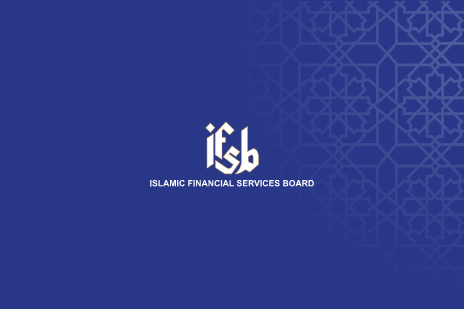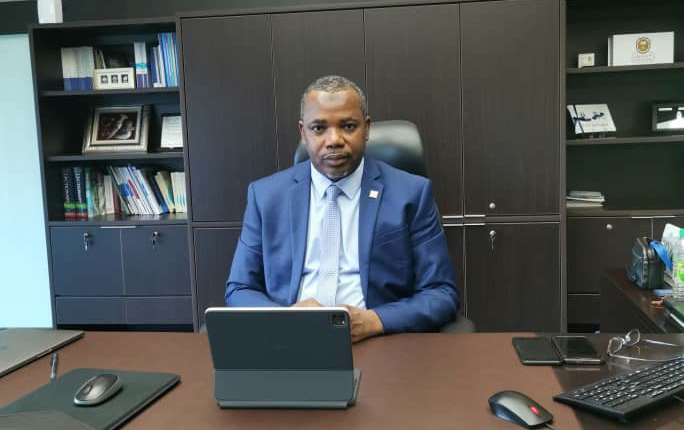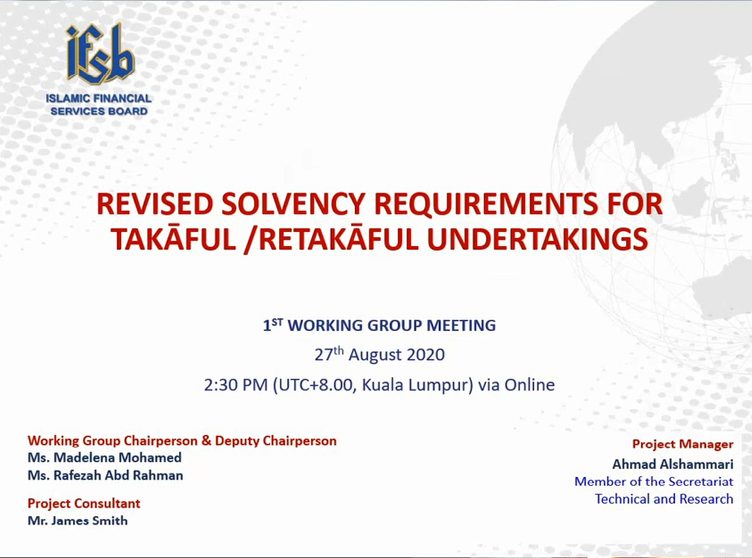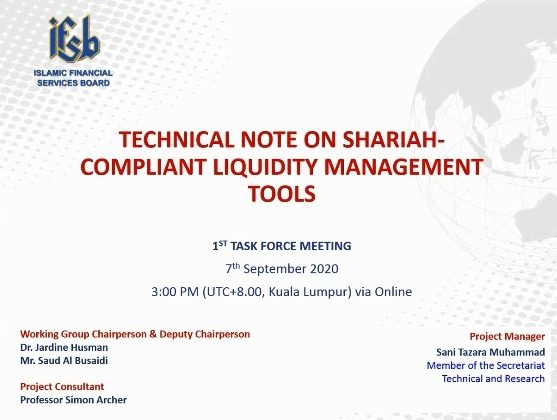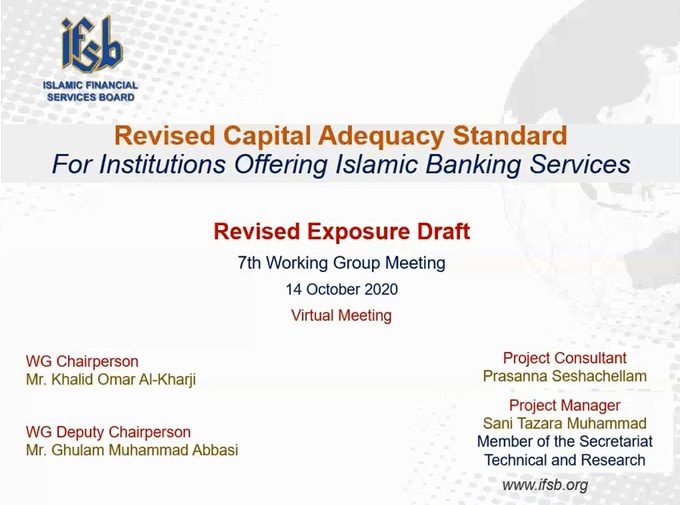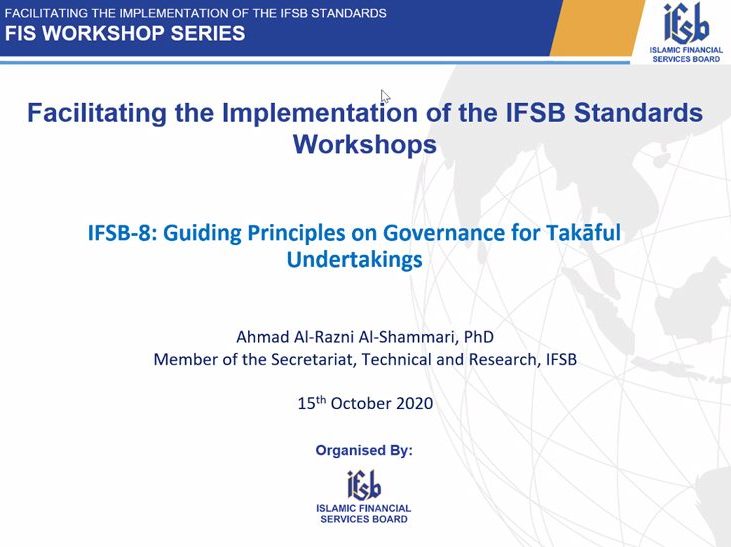The COVID-19 crisis has resulted in an extraordinary supply and demand shock to the global economy with far reaching consequences, including implications for the financial markets and insurance sectors. The uncertainties resulting from COVID-19 are also likely to remain for the foreseeable future. The initial impact of the COVID-19 outbreak on the capital markets was acute. It resulted in sharp price adjustments across both the fixed-income and equity markets, capital outflows and a liquidity crunch across global financial markets. As the pandemic continues to evolve, it also presents both immediate and future challenges for the rest of the financial system, including takaful and retakaful institutions, among others. While the policy responses to address the immediate effects of COVID-19 on the financial system has been swift, further assessment is needed on how policies should continue to evolve to preserve financial stability and address the potential medium- and longer-term effects of COVID-19, and in particular, whether there are any Islamic finance specific risks, challenges or opportunities for players in the Islamic capital markets and the takaful sector. This executive programme aims to try and answer some of these crucial questions and to encourage discussion, debate and sharing of country challenges, experiences and policy approaches, focusing particularly on the Islamic capital market and takaful sectors. The objectives of this programme are: to discuss the impact of COVID-19 on the Islamic capital markets and its implications for the stability and resilience of the financial system to discuss the implications of COVID-19 for takaful institutions and identify specific risk factors that might arise in relation to specificities of Islamic finance to discuss the areas where regulatory responses may be needed to address the impact of COVID-19 to ensure the resilience and stability of takaful institutions and Islamic capital markets. *****This Executive Programme is free for all categories of IFSB members. For Non-Members a participation fee of USD100 will be applicable***** Event Snapshots Programme - Event Session(s) Date Time Topics Day 1 20/10/2020 14:30 - 14:40 Opening Remarks 14:40 - 16:05 Session 1: Implications of COVID-19 on Islamic Capital Markets What has been the global impact of COVID-19 on Islamic capital markets? How might it affect sovereign and corporate sukuk issuances? What are the implications for stability and resilience of Islamic capital markets? What are the implications for liquidity management for the Shar??ah-compliant asset management industry? What has been the impact of volatility in equity markets for Shar??ah screening, particularly on financial screening ratios? What are the various policy actions and regulatory measures that have been taken by regulators to mitigate the impact of COVID-19 on Islamic capital market stability and to protect investors? 16:05 - 17:30 Session 2: Covid-19 and Impact on Takaful and Retakaful Institutions What has been the implications of COVID-19 on the performance of takaful and retakaful Institutions? What are the operational, market and credit risk exposures for takaful and retakaful Institutions due to COVID-19? What are the appropriate risk management measures for takaful and retakaful Institutions in responding to COVID-19 implications? What are the regulatory treatments that have been undertaken by regulatory and supervisory authorities to ensure takafulsector stability in the short-term? What are potential vulnerabilities that might arise in the medium or long-term for takaful and retakaful institutions as a result of COVID-19 and how might regulatory policies address these? Downloadable Document(s) Event Session(s) - PDF Format
